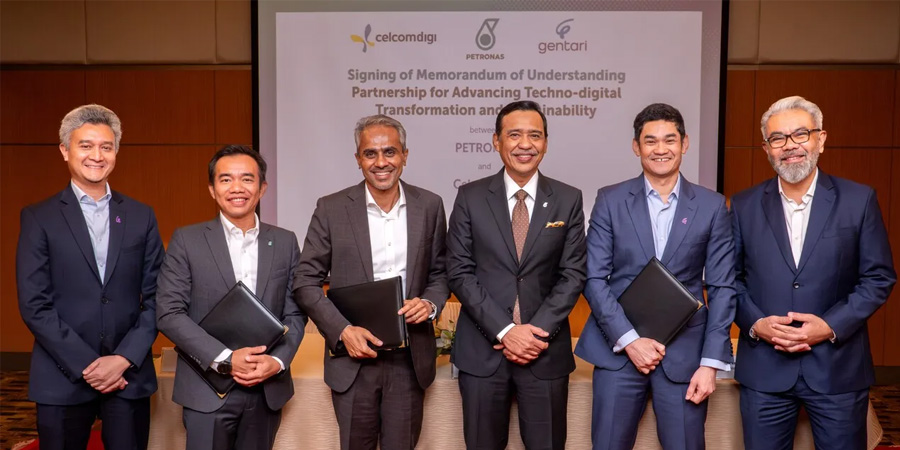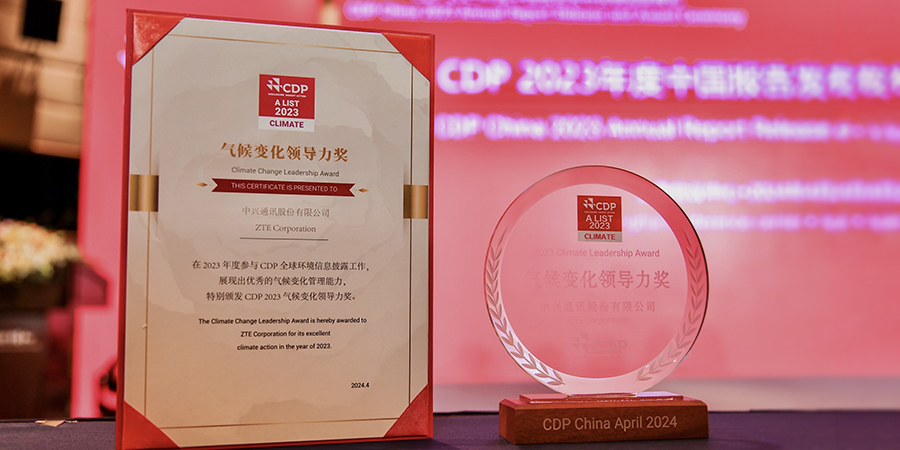The digital revolution sweeping across Asia is reshaping economies, societies, and the daily routines of millions, heralding a new era of technological transformation. Moreover, the digital economy has been driving changes and improvement in a variety of regions, particularly in countries where investments in digital advancement has been consistent, such as in Singapore, China, Japan, and India.
Several industries make up a country’s digital economy, including e-commerce, fintech, digital media and software development. These industries have become essential in Asia’s economic growth, presenting new opportunities for workers, businesses, and innovators.
Growth in the Digital Economy
According to the Asian Development Bank (ADB), the digital economy consists of digital products and industries that contribute to the Gross Domestic Product (GDP) of a country and includes a wide range of economic activities.
A study by the Singapore University of Social Sciences (SUSS) suggested that the information and communications technology (ICT) sector requires a combination of hardware, software, IT consultancy, and telecommunications services in order to guarantee the success of a digital economy. Additionally, the process of digital transformation needs to cater to both the social and technological aspects of the situation.
One of the key objectives of digital economic expansion in Asia is to narrow the digital gap and ensure that all sectors of society may benefit from the digital revolution. This involves increasing the availability of affordable and accessible internet connection, encouraging the development of digital skills, and investing in digital infrastructure in remote and underserved regions.
In India, the government has implemented programs like Digital India to expedite the integration of digital technology and reduce the inequality between urban and rural regions. This initiative resulted in substantial advancements, enabling millions of individuals to acquire access to the internet and digital services for the first time.
According to Google’s e-Conomy SEA 2023 report, Temasek and Bain & Company, digital businesses have shifted their focus to monetization to achieve their targets. In 2023, Southeast Asia’s digital economy grew to USD 100 billion in sales, with a compound annual growth rate (CAGR) of 27% since 2021.
The widespread adoption of digital financial services (DFS) has significantly contributed to the growth of digital economy, making up more than half of all transactions. Furthermore, this shift not only demonstrates the ever-changing preferences of consumers, but also represents a significant opportunity for businesses to generate profits within the growing fintech sector.
Online businesses and e-commerce platforms are also contributing to the digital economy in the region. E-commerce platforms are focusing on securing valuable, loyal customers and expanding revenue streams, with estimates suggesting a gross transaction value of USD 186 billion by 2025.
Meanwhile, the growing digital lending industry, supported by financially underserved households and small enterprises, is becoming a significant source of revenue in the financial services sector. The tourism and transport sectors in Southeast Asia are also contributing to this growth, with Thailand’s online travel witnessing an 85% increase in 2023 compared to the previous year.
Digital Roadblocks
Although significant advancements in digitalization are undeniable, unaddressed digital divides still pose a threat to Asia's full digital potential. Access to state-of-the-art technology is unevenly distributed both within and between countries, creating significant obstacles for small and medium-sized enterprises (SMEs) in their efforts to adopt these technologies. This gap is exacerbated by a lack of skilled individuals who are knowledgeable in digital technologies, as well as insufficient regulatory frameworks.
The presence of digital inequities not only hampers economic progress but also restricts the development of individual capabilities, as demonstrated by the low rates of internet access in countries such as Indonesia. In Vietnam and Bangladesh, the availability of inexpensive internet access is hindered by slow internet connections, which prevent the full development of digital opportunities.
Furthermore, there is an ever-present concern regarding data privacy and cybersecurity due to the increasing number of cyber threats that coincide with technological improvements. Data breaches and cyberattacks highlight the urgent need for strong cybersecurity measures and collaboration between Asian countries.
Fully harnessing the capabilities of the digital era requires Asian countries to establish a strategic plan for cooperative efforts, such as integrated data policy frameworks, along with investments in digital infrastructure and human capital to serve as the foundation for continuous digital economic development.
















































